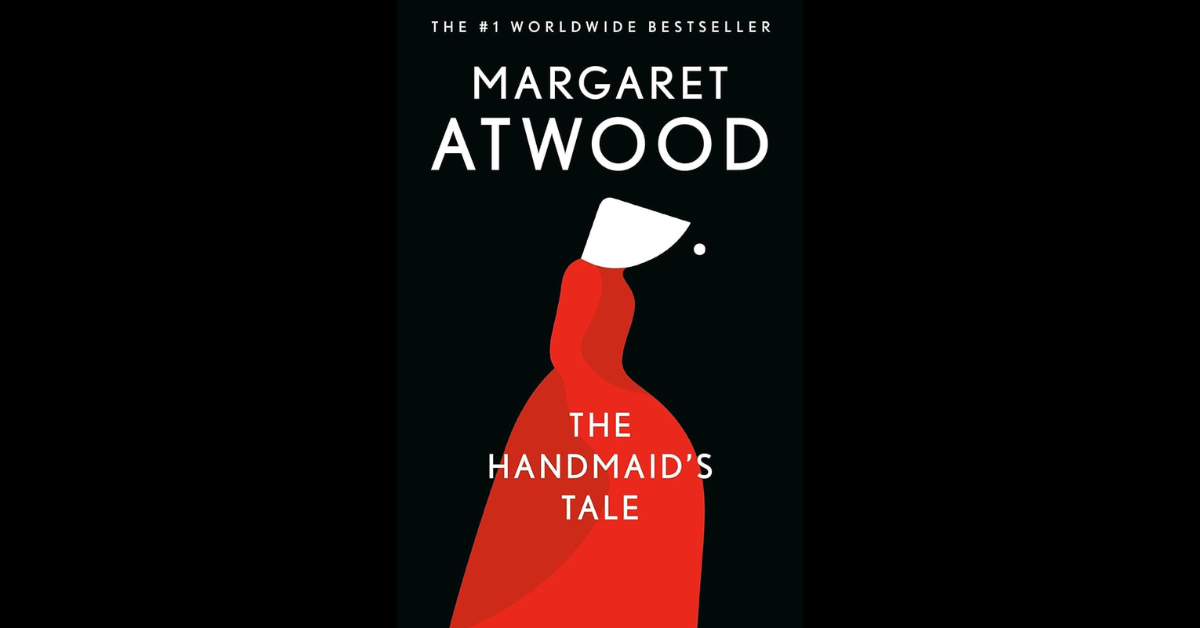Reading offers a powerful way to connect with different perspectives, experiences, and truths. Here are ten books that every woman should read in her lifetime, encompassing a diverse range of voices and stories that resonate deeply and inspire profoundly.
“Pride and Prejudice” by Jane Austen

Jane Austen’s timeless novel “Pride and Prejudice” explores themes of love, social class, and personal growth through the story of Elizabeth Bennet and Mr. Darcy. Its witty prose and memorable characters make it a must-read for its insights into human nature and societal norms.
“The Color Purple” by Alice Walker

Alice Walker’s “The Color Purple” is a powerful tale of resilience and sisterhood set in the American South. The novel follows Celie, an African American woman, as she overcomes severe oppression and abuse to find her voice and independence.
“To Kill a Mockingbird” by Harper Lee

Harper Lee’s “To Kill a Mockingbird” addresses racial injustice and moral growth in the Deep South through the eyes of young Scout Finch. Its exploration of empathy, integrity, and human rights remains profoundly relevant.
“Beloved” by Toni Morrison

Toni Morrison’s “Beloved” delves into the haunting legacy of slavery through the story of Sethe, an escaped enslaved woman haunted by the ghost of her dead daughter. The novel’s rich narrative and deep emotional resonance make it essential reading.
“The Handmaid’s Tale” by Margaret Atwood

Margaret Atwood’s dystopian novel “The Handmaid’s Tale” offers a chilling vision of a totalitarian regime that subjugates women. The story of Offred’s fight for autonomy and identity serves as a powerful commentary on gender and power.
“Becoming” by Michelle Obama

Michelle Obama’s memoir “Becoming” chronicles her journey from her childhood in Chicago to her years as First Lady of the United States. Her reflections on personal and professional challenges and triumphs provide inspiration and insight into the life of an influential woman.
“The Bell Jar” by Sylvia Plath

Sylvia Plath’s “The Bell Jar” is a semi-autobiographical novel that explores the struggles of Esther Greenwood, a young woman grappling with mental illness and societal expectations. Plath’s poignant writing offers a raw and relatable portrayal of personal turmoil and recovery.
“Little Women” by Louisa May Alcott

Louisa May Alcott’s “Little Women” follows the lives of the four March sisters—Meg, Jo, Beth, and Amy—as they navigate love, loss, and personal ambitions. The novel’s enduring themes of family, individuality, and female empowerment continue to resonate with readers of all ages.
“Wild: From Lost to Found on the Pacific Crest Trail” by Cheryl Strayed

Cheryl Strayed’s memoir “Wild” recounts her solo hike along the Pacific Crest Trail following the death of her mother and the dissolution of her marriage. Strayed’s journey of self-discovery and healing is both inspiring and empowering.
“A Room of One’s Own” by Virginia Woolf

Virginia Woolf’s extended essay “A Room of One’s Own” explores the necessity of financial independence and personal space for women writers. Woolf’s eloquent arguments for women’s creative freedom remain highly influential and relevant.




















